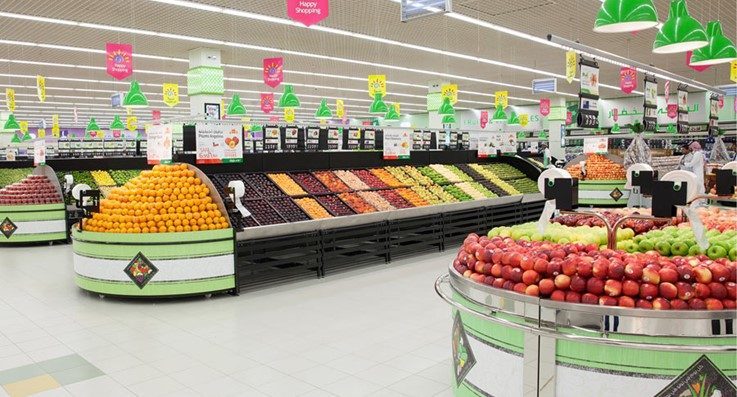Qatari products are set to compete with imported brands in local markets.
Six Qatari brands will be displaying their products at one of the largest retail stores in Qatar for free as part of an initiative to boost local businesses.
The entrepreneurs behind the brand are being given the opportunity to stock their products at LuLu Hypermarket thanks to an initiative by Bedaya Center for Entrepreneurship and Career Development.
The products will be displayed on a special pavilion free of charge for three months in a bid to improve market presence and test the ability of local brands when competing with imported goods, Bedaya Center said.
“We are elated to witness the successful results of the strategic partnership with Bedaya Center, which is in line with our vision of supporting and embracing Qatari startups, small and home businesses by opening new horizons for a large number of entrepreneurs who avail the Center’s support especially when the Qatari products have proven their worth and ability to compete in terms of high quality and premium prices,” Dr. Mohamed Altaf, Director of Lulu Group International, said.
The initiative is in collaboration with Qatar Development Bank, Silatech and LuLu Hypermarket.
Since the start of the blockade in 2017, Qatar has ramped up local production efforts to achieve its self-sufficiency goals in a bid to replace products previously imported from blockading states with local options.
Read also: ‘Qarving’ an identity: how Qatar has flourished on the global stage despite the blockade
On June 5, 2017, Saudi Arabia, the United Arab Emirates, Bahrain, and Egypt cut diplomatic and trade ties with Doha and imposted an illegal air, land and sea blockade that prevented the import and export of goods, including important food items.
The sudden act disrupted Qatar’s food security, which at the time relied on imported goods for more than 80% of its food.
However, within weeks, various acts were introduced to counter the blockade: Qatar opened its first dairy and meat farm and expanded trade relations with Turkey and Iran.
Supermarkets were soon stocked with local goods and people’s interest in buying local produce steadily grew. Buying local, organic produce quickly became a way to eat healthy, as well as show solidarity with Qatar during the blockade.
From 2017 to 2019, milk production alone increased from 60,000 tons to 230,000 tons, reaching over 106% self-sufficiency. This increase of production also included poultry, eggs, and fodder.
Three years later, and with the blockade no longer in place, Qatar’s supermarket shelves remain stacked with local products.
The boycott pushed Qatar to escalate its plan to become more economically independent and sustainable. In 2020, Qatar ranked third in the MENA region in the Economist’s Food Security Index.







